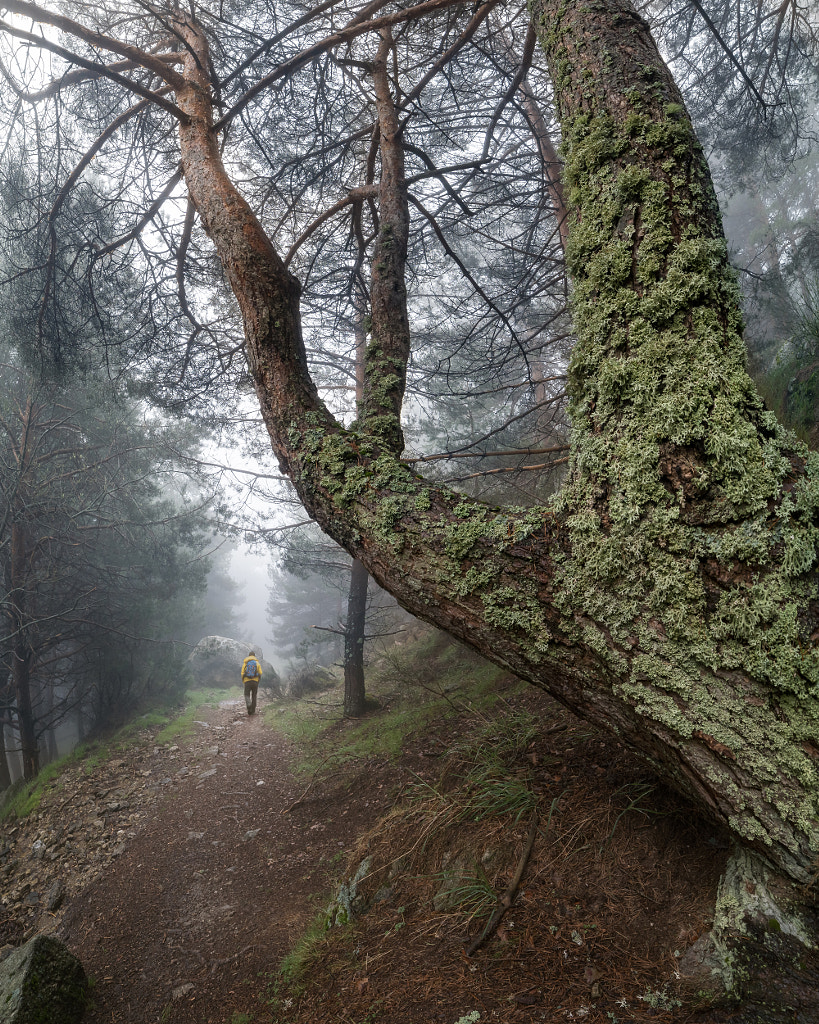Traffic Camera Mistakes Woman for Car, Issues Ticket to Car Owner PetaPixel
The Guardian reports this morning that: A group of 30 UK millionaires have called on the chancellor to tax them and other rich people more
Read the full article…
UK Goes Full-On Big Brother, Employs Facial Recognition Technology to Expedite School Lunch Queues
The UK State’s love affair with tech-enabled surveillance knows no bounds
Cracked: Five Assassins Were All Charged With Hiring Each Other To Kill A Man
This skewers the government’s climate policy (“The Nationals get reward for agreeing to harm the regions”, October 25). Firstly, how are these “boondoggles” going to be paid for, if not through higher taxes on the rest of us? So much for “technology, not taxes”. - David Rush, Lawson
Federal prosecutors in Detroit have seized about $12 million in cash they allege was part of a massive money-laundering operation, called "The Shadow Exchange," operating between the U.S. and the United Arab Emirates.
A forfeiture complaint unsealed this week in federal court in Detroit alleges that some of the laundered money was used to buy armored vehicles for an illegal drug trafficking operation based in Michigan.
Dormice favoured by Italian mafia seized in drugs raid BBC. Reminds me that Francois Mitterrand ate ortolan for his last meal in 1996. See this NPR account, Francois Mitterrand’s Last Meal.
New York Times Op-Ed: What I Believe About Life After Death, by Tish Harrison Warren (Priest, Anglican Church; Author, Liturgy of the Ordinary: Sacred Practices in Everyday Life (Christianity Today's 2018 Book of the Year)):
My friend Thomas died in August. His death was sudden and tragic. He and his 22-year-old child were killed in a car accident. ...
It feels to me like something went wrong. He can’t die, I think. He’d made plans. He had so much left to do. A journey interrupted. ...
There is something deep within us that rejects the idea that the road just stops. We feel there must be more. We must be made for more: more conversations, more laughter, more breaths to take, more miles to walk along the trail.
Reading the Bible, I notice how Jesus’ death, too, feels like a journey interrupted. There was so much more he could have explained, so many more people to heal, so much more to be done. After his death, most of his closest friends hid out, lost in grief and fear. And I wonder if this was in part because they thought that this wasn’t how things were supposed to end. They had plans. They were part of a revolutionary brotherhood. And then it suddenly was over.
I saw my friend Pete at Thomas’s funeral. Pete and Thomas were close friends and he told me about how he would miss their weekly breakfasts together at the Waffle House. He also told me that since Thomas had died he kept thinking about the story of Jesus’ resurrection and what it must have been like for the disciples to experience it. What struck him anew was how it would feel to be in deepest grief and then suddenly see your friend again. There is a deeply intimate and human reunion story amid the larger cosmic meaning of the resurrection account. A community of friends was broken and then, somehow, against all hope, remade.
The truth is, no one — not priests, not scientists, not the most ardent atheist, not the most steadfast believer — can be 100 percent certain about what happens to us after we die. Each week at church, when we say the Nicene Creed, I affirm that I believe in “the resurrection of the dead and the life of the world to come.”
I believe that after I die, somehow mysteriously but also materially, Jesus will raise me up to live on this good earth, made new. I believe this because I believe that Jesus is risen from the dead. Specifically, I believe the witness of the disciples and others who lived and died for their claim that they (and somewhere around 500 others) had seen Jesus alive again and spoken to and touched him. That’s ultimately why I believe there’s a God at all and why I believe God has defeated death. ..
I believe this is true, and I believe there are good reasons to believe it’s true, but I also want it to be true.
I hate death. I have never made my peace with it and I never will. I don’t want to live in a world where everything good suddenly ends. ...
I hope that my longing for eternity — for joy and pleasure and friendship and beauty to last — is there because it whispers of something that is true. I hope that death feels wrong to me because it really is wrong, it really is not how things are meant to be. And I hope that this hope for more is not silly or delusional. I hope to see my friends again and that death is an interruption, but not an ending.
